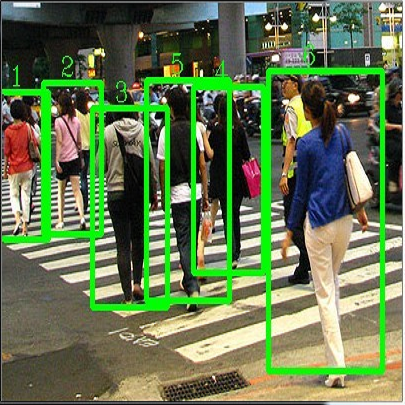Traditional neural objection detection methods use multi-scale features that allow multiple detectors to perform detecting tasks independently and in parallel. At the same time, with the handling of the prior box, the algorithm's ability to deal with scale invariance is enhanced. However, too many prior boxes and independent detectors will increase the computational redundancy of the detection algorithm. In this study, we introduce Dubox, a new one-stage approach that detects the objects without prior box. Working with multi-scale features, the designed dual scale residual unit makes dual scale detectors no longer run independently. The second scale detector learns the residual of the first. Dubox has enhanced the capacity of heuristic-guided that can further enable the first scale detector to maximize the detection of small targets and the second to detect objects that cannot be identified by the first one. Besides, for each scale detector, with the new classification-regression progressive strapped loss makes our process not based on prior boxes. Integrating these strategies, our detection algorithm has achieved excellent performance in terms of speed and accuracy. Extensive experiments on the VOC, COCO object detection benchmark have confirmed the effectiveness of this algorithm.
翻译:传统神经障碍检测方法使用多级功能,使多个探测器能够独立和平行地执行探测任务。 同时,随着对前一个盒子的处理,算法处理规模变化的能力得到了增强。然而,太多以前的盒子和独立探测器将增加探测算法的计算冗余。在本研究中,我们引入了Dubox,这是一个新的一阶段方法,在没有前一个盒子的情况下探测物体。用多级功能,设计的双级残余装置使双级探测器不再独立运行。第二级探测器学习了第一个探测器的剩余部分。Dubox提高了超级探测器的能力,进一步使一级探测器能够最大限度地探测小目标,而第二级探测器能够探测第一个探测器无法识别的物体。此外,对于每个尺度探测器来说,随着新的分类-递增递增带损失使我们的过程没有以前一个盒子为基础。结合这些战略,我们的检测算法在速度和准确性方面取得了出色的表现。在VOC上进行广泛的实验,COCO天体探测基准证实了这一算法的有效性。




